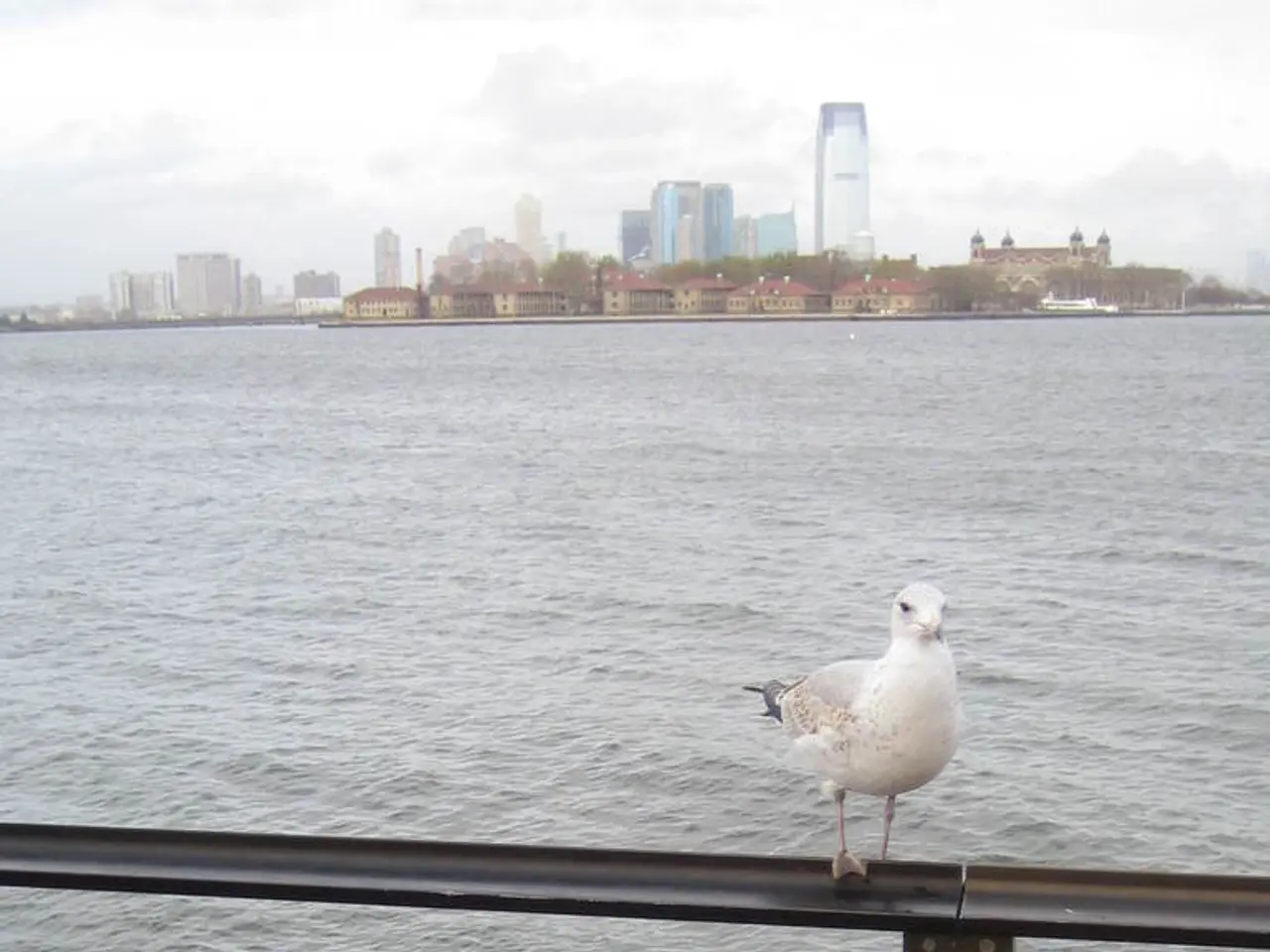"COP30 Decision Making Behind Closed Doors: Indigenous Women Call for Participation"
Indigenous women are playing a pivotal role at COP30, the United Nations climate conference in Belém, Brazil. They are at the forefront of environmental conservation, preserving seeds, protecting pollinators, and helping to keep forests intact. However, they are also the first to feel the impacts of climate change, facing food insecurity, economic difficulties, increased violence, and increased workload.
To ensure their voices are heard, indigenous women have mobilized to increase their presence at COP30. They have organized their own workshops and preparatory meetings, known as pre-COP, to help create knowledge within communities about conferences and how they work. This collective effort aims to build a common agenda and strengthen the participation of traditional peoples in COP30.
One of the initiatives to achieve this is The Circle of Indigenous Peoples, an official forum for dialogue with leaders. COP30 also aims to gather the largest indigenous delegation in history, with the goal of achieving the accreditation of at least a thousand indigenous people in the Blue Zone. However, indigenous women are facing challenges in gaining accreditation, as men are the ones who can access the Blue Zone.
The Brazilian indigenous movement, led by the Articulation of Indigenous Peoples of Brazil (APIB), is participating in COP30 with a strong delegation. Representatives from throughout Latin America and the Caribbean have also organized for over a year to arrive at COP30 in a stronger position. However, the specific names of the women representatives have not yet been publicly announced.
Indigenous women's strategy is twofold: to bring what is debated in territories to the international table and, upon return, present decisions and progress made in an accessible way. They are reaffirming their essential role in the global climate agenda, demanding recognition for their contribution to climate crisis mitigation.
Two demands in the indigenous movement's Nationally Determined Contributions (NDC) are for states to recognize the indigenous contribution to climate crisis mitigation, including the demarcation of territories in their NDC; and for indigenous organizations to have direct access to climate resources, currently receiving only 1% of them without intermediaries.
Indigenous women are also fighting against the patriarchal system and discrimination within their territories. Pregnant women and children living in the Tapajós River basin and indigenous Munduruku communities have been found to have mercury levels above those set by the World Health Organization due to mining activities. The United Nations recognizes that the participation of indigenous women in decision-making is crucial for recovery and adaptation to extreme climate phenomena.
To support their participation, indigenous women are seeking support for their partners to accompany them and care for the children while they participate in COP30 events. The declaration published during the National March of Indigenous Women aims to draw attention to the disproportionate effects of extreme weather conditions on women and girls, especially indigenous women.
The insufficiency of Brazil's contributions to the Paris Agreement's Nationally Determined Contributions (NDC) was a catalyst for the organization of indigenous peoples for COP30. The Brazilian indigenous movement's NDC reflects the common agendas of indigenous peoples worldwide, highlighting the urgent need for action and recognition. Indigenous women are not just survivors of climate change; they are active agents in the fight for climate justice.
Read also:
- Nightly sweat episodes linked to GERD: Crucial insights explained
- Antitussives: List of Examples, Functions, Adverse Reactions, and Additional Details
- Asthma Diagnosis: Exploring FeNO Tests and Related Treatments
- Unfortunate Financial Disarray for a Family from California After an Expensive Emergency Room Visit with Their Burned Infant








